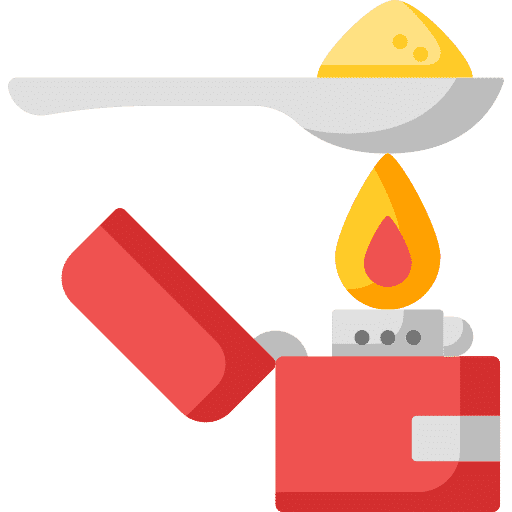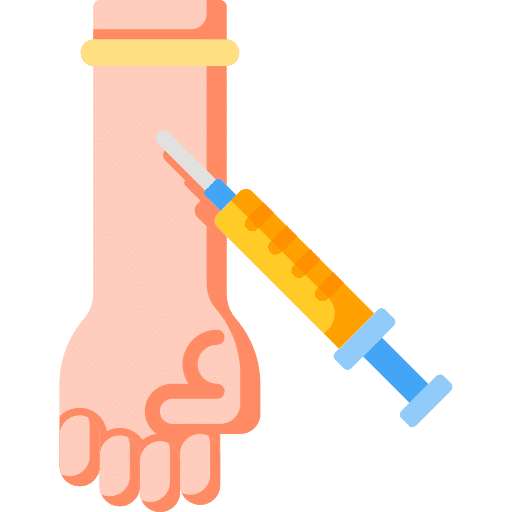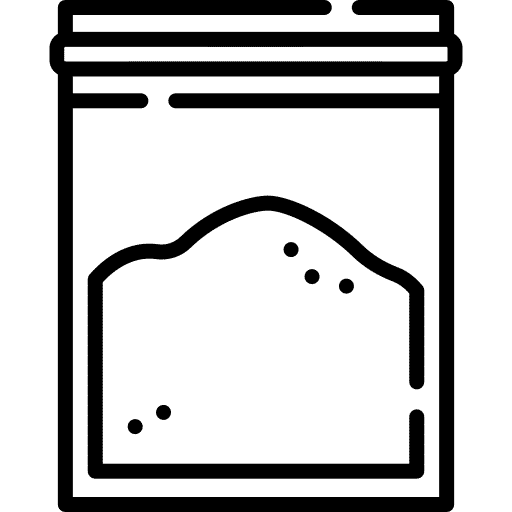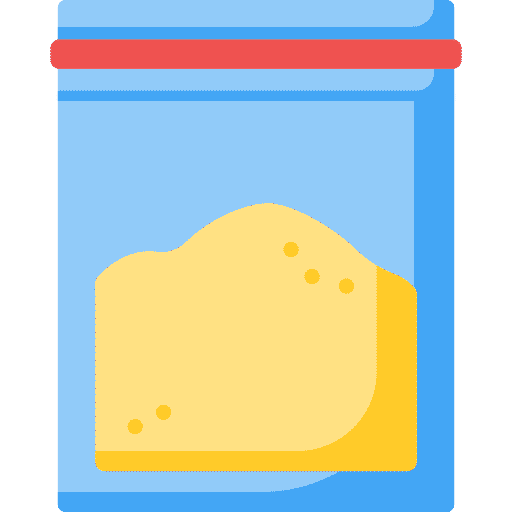Are you looking for a safe and effective way to break free from substance use in San Diego? Whether you’re struggling with alcohol, drugs, or a combination of both, detox is the first crucial step towards recovery.
What may start as an after-work drink with friends can gradually (and often unintentionally) escalate to an isolating drug and alcohol addiction with severe
accompanying behavioral health issues. Physical and physiological complications are
common and are typically associated with dual diagnosis treatment options.
If you, a family member, or loved one is suffering from Alcohol Use Disorder (AUD) or
alcohol addiction, thank you for taking the first step—getting information.
Alcohol detoxification (or “detox”) is the first step toward substance abuse treatment and involves immediate cessation of alcohol intake.
Located in sunny Southern California, our treatment services team at ShorelineRecovery Center in San Diego, California, is here to provide professional, clinical assistance to those suffering from alcohol addiction or aid to those advocating for a loved one.

Detoxification, or detox, is the process of allowing the body to rid itself of toxic substances, such as drugs, alcohol, or other harmful chemicals. It is often the first step in a recovery journey for individuals struggling with substance use disorders. Detox is not just about eliminating substances from the body, but also managing withdrawal symptoms, which can range from mild to severe, depending on the substance and the individual’s history of use.
The goal of detox is to safely help the body process and remove the substance in question while addressing both physical and psychological aspects of withdrawal. For many people, detox is necessary before they can fully engage in other treatment options like therapy or counseling. Without detox, withdrawal symptoms can be overwhelming, making it harder for individuals to recover.
Detoxification can be achieved through various methods, depending on the substance being abused, the severity of the addiction, and any co-occurring health conditions. In a professional detox setting, individuals are monitored by medical staff to ensure their safety and comfort throughout the process. Depending on the substance and the person’s condition, detox can take anywhere from a few days to a week, though some cases may require longer stays.
Undergoing detox at a licensed facility ensures that medical professionals are available to provide the necessary care and support. Medical supervision is especially important for people who have been using substances heavily, as withdrawal symptoms can be dangerous. Common withdrawal symptoms may include nausea, sweating, anxiety, irritability, and tremors, while more severe symptoms can include seizures, hallucinations, and even life-threatening complications such as delirium tremens (DTs) with alcohol withdrawal.
In some cases, medication-assisted detox may be used to alleviate withdrawal symptoms and reduce cravings. For instance, medications like methadone or buprenorphine may be used for opioid detox, while benzodiazepines may help manage alcohol withdrawal symptoms. These medications can help stabilize the individual and make the detox process more comfortable.
Detoxification serves as the foundation for the recovery process. By clearing the body of toxins, individuals can begin to focus on the psychological and emotional aspects of their addiction. Without detox, the body would remain physically dependent on substances, making it more difficult to address the root causes of addiction.
After detox, individuals are encouraged to continue with treatment programs, such as inpatient or outpatient rehabilitation, therapy, and support groups. These programs help individuals understand and overcome the triggers and behaviors that led to substance abuse in the first place, providing them with the tools they need for long-term sobriety.
Detox is a critical first step in overcoming substance use disorders. With the right medical support and care, individuals can safely manage withdrawal symptoms and set the stage for a successful recovery journey. Whether it’s detox for alcohol, opioids, or other drugs, the goal is always to help individuals regain their health, both physically and mentally, as they work toward lasting recovery.

The most commonly seen purpose heroin is used in the United States include:
History has shown that the most effective way to treat heroin addiction is through inpatient and outpatient programs offered at a properly certified drug and alcohol treatment facility like Asana Recovery in Southern California.
The variety of physical signs can also depend heavily on the method by which heroin is taken.

When heroin is snorted, the nose and nostrils can be damaged. Nosebleeds and other effects can also be caused by taking the drug this way.

When an individual smokes heroin in the long or short-term, the most common side-effect is that the user will start seeing noticeable breathing complications.

By shooting heroin as the preferred method, scars and track marks become visible where the injections occur. The risk of dangerous infections becomes more significant, as well.

White powder heroin is typically purer than other forms most commonly snorted by users. A majority of this type of heroin is smuggled into the United States from South America and Mexico.

Brown powder heroin is primarily produced in Mexico and is growing more and more in popularity throughout the United States. Often referred to as “Mexican brown,” experts say this form of heroin is becoming more common because it is more pure than black tar heroin, but still significantly less expensive than white powder heroin.

Also mainly produced in Mexico, black tar heroin is mostly used by injection and more commonly found on the East Coast and Midwest. Sometimes called Mexican tar or chiva, the darker complexion range from a deep red to brown or black depending on the refining process.

Originally, china white was referred to as a very pure form of white powder heroin that was developed and smuggled from parts of Southeast Asia. Today, however, china white is a slang term used when referencing heroin that has been mixed with another drug such as fentanyl.
Firstly, it is evident that every person who uses heroin will not experience the same effects. The user’s size and general health could both be determining factors as to how the drug could affect someone’s mind and body.
Feelings of nausea often accompany the initial euphoric rush that is experienced after someone takes heroin. With the euphoria of heroin usually only lasting a couple of minutes, hours of perceptible drowsiness can shortly follow. Other noticeable short-term effects of heroin use may include:

As heroin use is repeated for extended periods, several visible changes can develop within the user’s brain. As that addiction progresses, the neglect of many primary responsibilities that do not involve drug use becomes more and more noticeable. Some of the more common effects that long-term heroin abuse can cause includes:
In an article published by the National Institute on Drug Abuse, suffering from many other severe health complications is a common occurrence for chronic heroin users.

